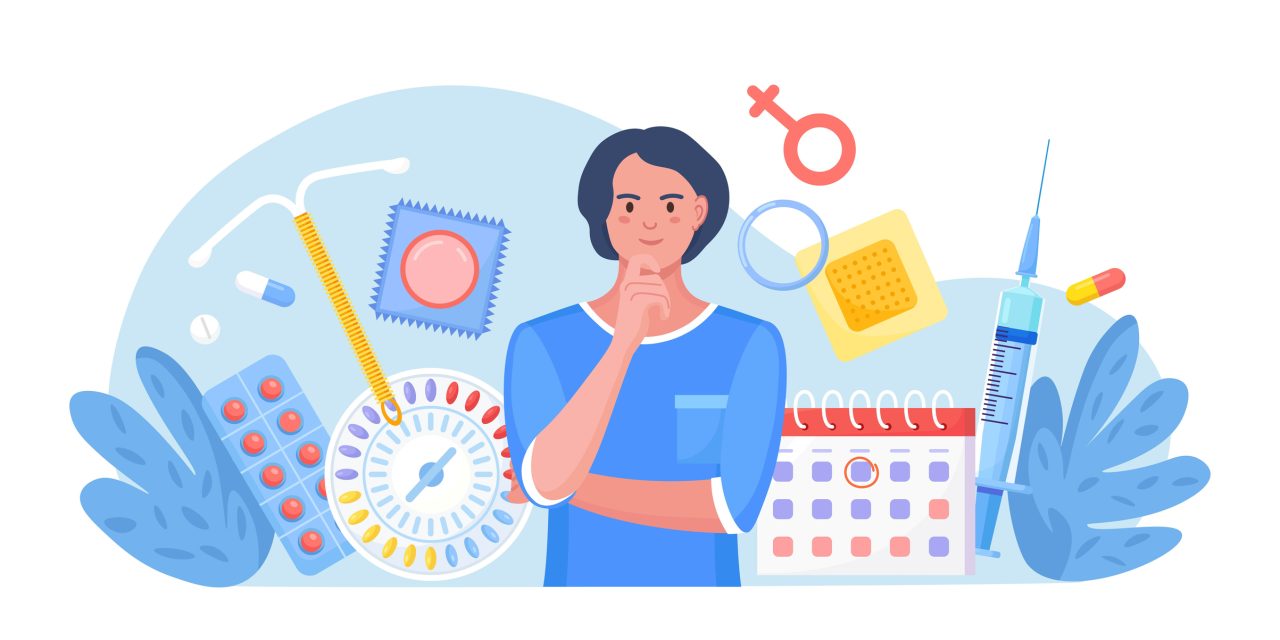Endometrial cancer risk may be modified by dysregulation of endocrine pathways associated with steroid and growth hormones; however, prospective data on testosterone, sex hormone-binding globulin (SHBG), and insulin-like growth factor (IGF)1 are sparse. Researchers conducted complementary observational and Mendelian randomization (MR) studies to determine the relevance of these hormones in endometrial cancer risk.
The 159,702 women (80% of whom were postmenopausal) recruited in the UK Biobank were included in the observational studies. The Cox proportional hazards models were used to calculate hazard ratios (HRs) and 95% confidence intervals (CIs). Genetic variations related to hormone levels were selected for MR studies, and their relationship with endometrial cancer (12,906 cases/108,979 controls) was investigated using two-sample MR.
Higher circulating concentrations of total (HR per unit inverse normal scale = 1.38, 95% CI = 1.22–1.57) and free testosterone (HR per unit log scale = 2.07, 95% CI = 1.66–2.58) testosterone were linked with an increased risk of endometrial cancer in the observational study. SHBG was shown to have an inverse relationship (HR per unit inverse normal scale = 0.76, 95% CI = 0.67–0.86). The MR analyses corroborated the testosterone and SHBG results. There was no link discovered between genetically determined IGF-1 levels and endometrial cancer risk. Their findings suggest the possibility of a causal relationship between circulating levels of testosterone and SHBG and the risk of endometrial cancer.


